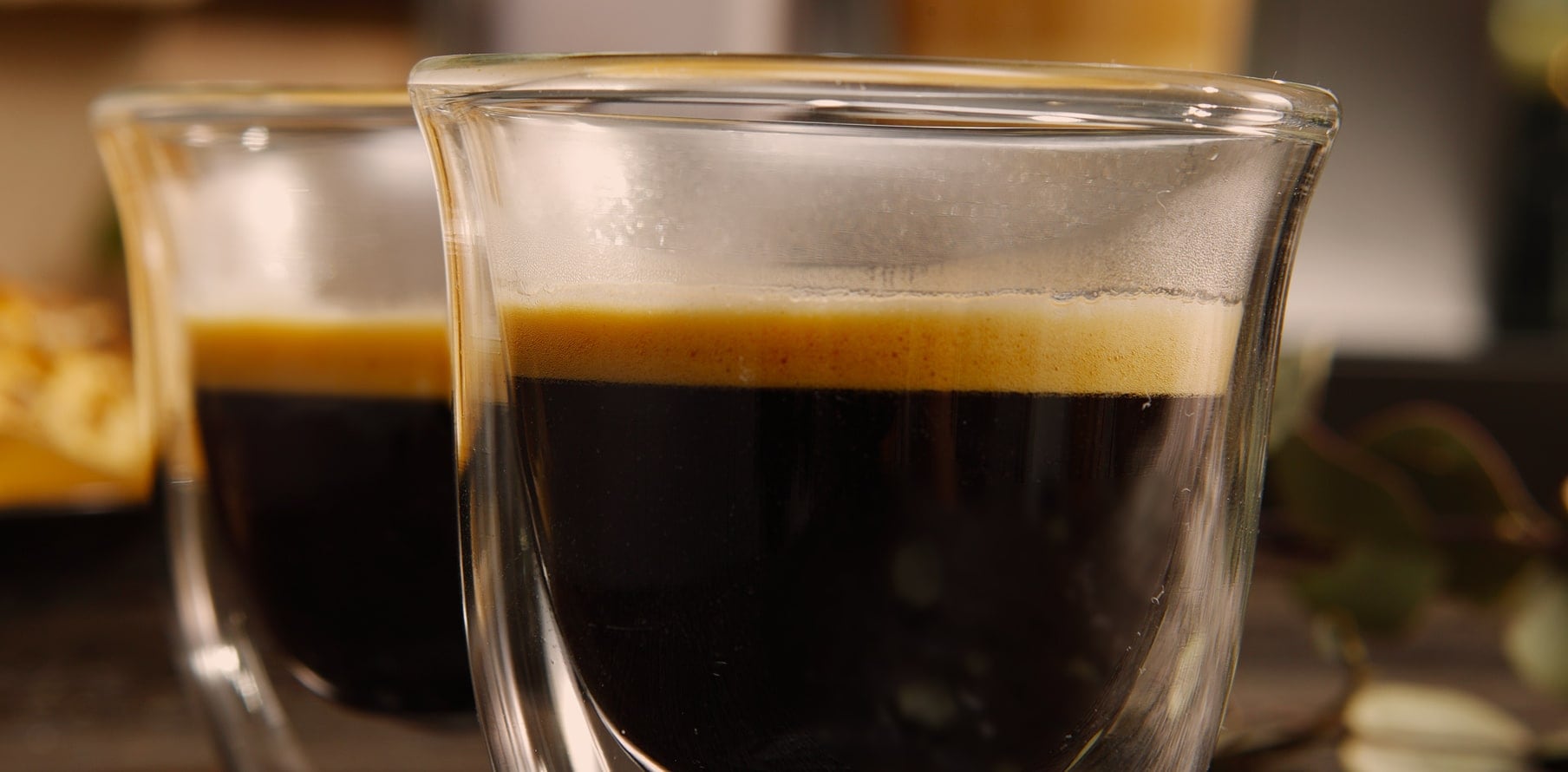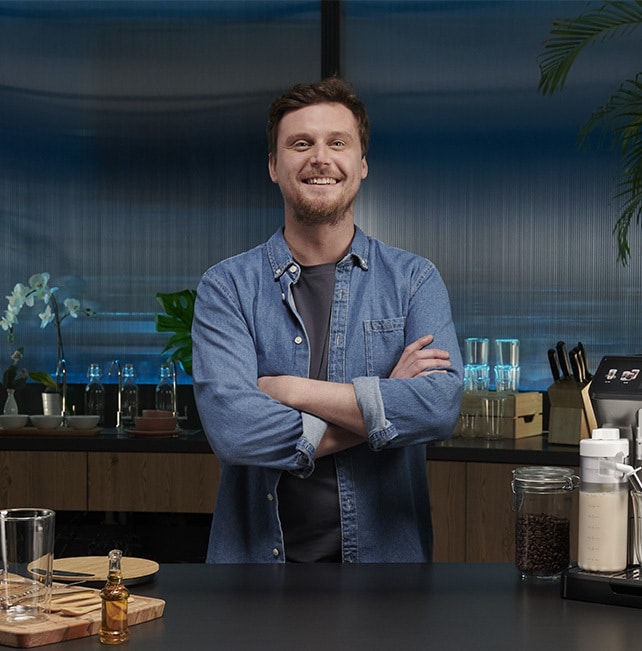
Coffee Machines
A quick look in the history books reveals that for hundreds of years, alchemists used a mysterious blend of science and pure magic as they looked for ways to transform raw materials into something far more valuable. Of course, modern science quickly dispelled these techniques but a lot of what they learned is still relevant today, including the importance of water in the cup.
Your average cup of coffee is 98% water, so it’s not a stretch of the imagination to think that the quality of the water used makes a huge difference to the final result.
Water hardness
In most cities, tap water is chemically treated to ensure no dangerous bacteria make it to the home, but tap water still contains a number of substances that affect its taste, not to mention chemicals used in the treatment which change the odour. Depending on where you live, your local tap water will contain various levels of calcium and magnesium, picked up as it travelled through limestone and chalk-heavy soils. This is where the definition of ‘hard’ and ‘soft’ water originates from. The higher the mineral content of the water, the ‘harder’ it is, while ‘soft’ water is relatively low in minerals.
Water hardness is a very important component of the coffee-making process, as it strongly influences the way the hot water and the ground coffee interact. Many experts, including James Hoffman in his book, The World Atlas of Coffee, agree that “hard water seems to change the rate at which the solubles in the coffee go into solution, essentially changing the way the coffee brews at a chemical level.” It goes without saying that the ideal hardness is somewhere in the middle of the spectrum.
The ideal water filter
Many De’Longhi coffee machines are supplied with a water filter to be fitted to the water reservoir. This ensures the water used by the machine is free of unwanted minerals and deposits. In exceptionally hard water areas, this filter might not be enough to remove all the unwanted minerals, in which case we recommend using bottled water for your coffee. No matter which way you choose to filter your water, we recommend cleaning your coffee machine on a regular basis, following the manufacturer’s instructions. This will remove mineral build up and will ensure your coffee tastes better time and time again.
Is it possible to use distilled water to make coffee?
Absolutely not! Distilled water has been super purified and all contaminants have been removed, including magnesium, calcium and other minerals that are essential to make a smooth and balanced coffee. If you remove everything, you’re also removing the good parts that are essential for great coffee experiences.
How to filter water for your coffee
Many De’Longhi Bean to Cup machines also come with a water filter included in the box which, when fitted to the water reservoir, ensures the water used by the machine is free of unwanted minerals and deposits. In exceptionally hard water areas, filtering may not be enough to remove all the minerals – in this case, bottled water may be the best choice for making your coffee. Whichever way you choose to filter your water, make sure you clean your coffee machine according to the manufacturer’s instructions. This will remove mineral build up, helping your coffee taste better and your machine function properly for the long term.
Can I use distilled water to make coffee?
Absolutely not! Distilled water has gone through a purification process that removes contaminants, but also removes magnesium and calcium. A small amount of these minerals is important for a smooth and balanced coffee – with no mineral content at all, you’re likely to get a flat-tasting or over-extracted coffee.
The temperature of your water
The perfect temperature for brewing coffee is thought to be between 83° Celcius and 92° Celsius. The exact temperature within the range depends on personal preference, although coffee connoisseurs believe the more complex flavours of the coffee come out at the lower end of the scale. Some experts also say you should never pour boiling water onto your ground coffee, as you’ll ‘burn’ the coffee, damaging the flavour.
Hopefully we’ve convinced you of the importance of water quality to making the perfect cup of coffee. While it might take a little more effort, the results will speak for themselves. Happy brewing!




Testo vario
Join us
Policies
Support